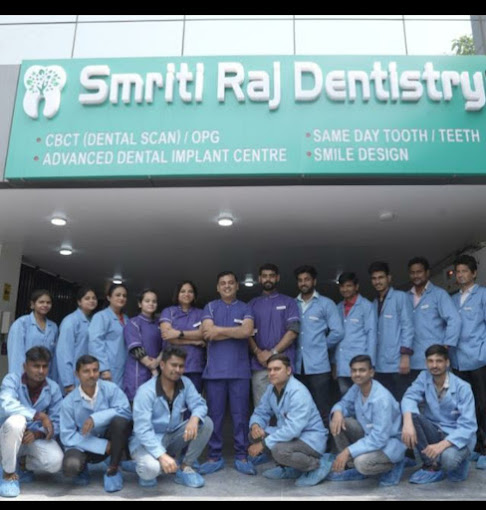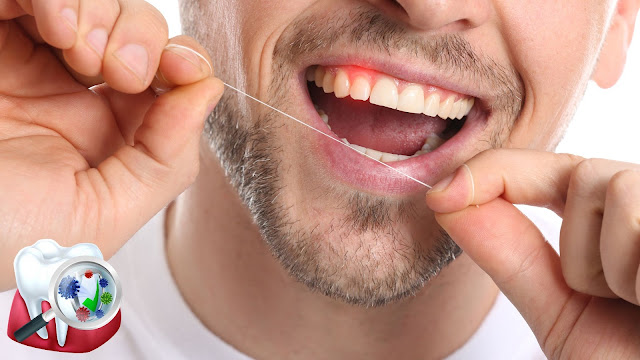Which is the best dental clinic in Delhi for gums treatment?

When searching for the best dental clinic in Delhi for gum treatment , it's essential to consider several factors such as the clinic's reputation, the expertise of the dentists, the range of treatments offered, and patient reviews. Based on these criteria, SmritiRaj Dentistry stands out as one of the top choices for gum treatment in Delhi . Why SmritiRaj Dentistry? 1. Experienced Specialists: SmritiRaj Dentistry boasts a team of highly experienced periodontists who specialize in treating various gum diseases, ensuring you receive top-notch care. 2. Advanced Technology: The clinic is equipped with state-of-the-art technology, enabling precise diagnosis and effective treatment of gum issues. 3. Comprehensive Care: From scaling and root planing to advanced periodontal surgeries, SmritiRaj Dentistry offers a wide range of treatments tailored to your specific needs. 4. Patient-Centric Approach: Patient comfort and satisfaction are top priorities. The clinic provides personalized ...






